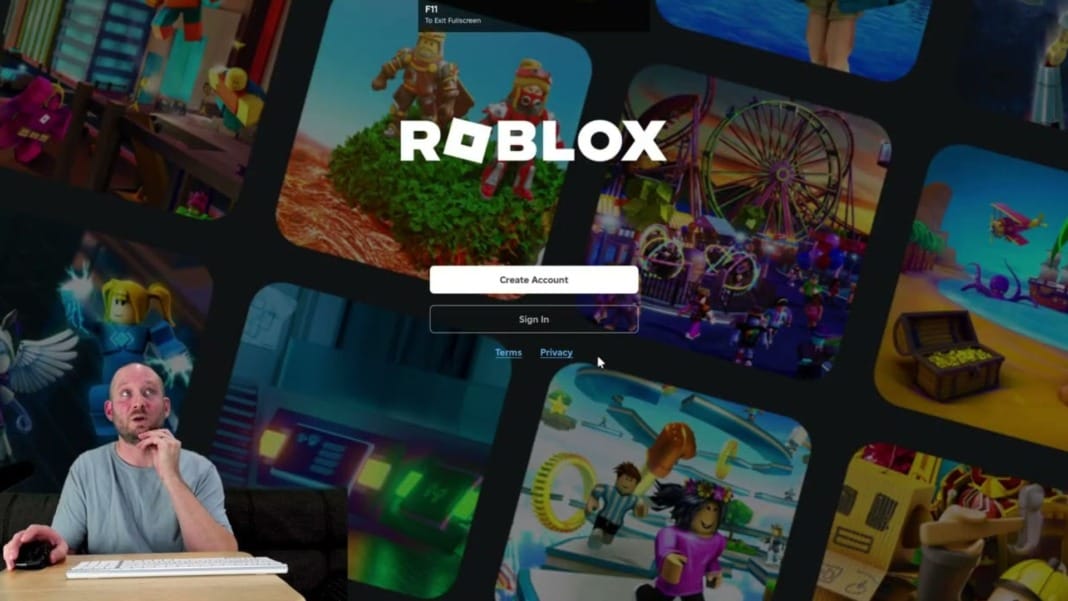Anthropic has launched Claude for Education, a new AI chatbot plan designed for colleges and universities. Announced on Wednesday, this initiative aims to support students, faculty, and staff by providing access to its AI chatbot, Claude, with enhanced features tailored for education. This move follows OpenAI’s introduction of ChatGPT Edu, placing Anthropic in direct competition within the higher education sector.
One of the key features of Claude for Education is “Learning Mode,” which encourages critical thinking rather than simply providing direct answers. With this mode activated, Claude engages students by asking questions to test understanding, highlighting fundamental principles behind complex topics, and offering useful templates for research papers, outlines, and study guides. The goal is to support students in developing their problem-solving skills while ensuring AI remains a tool for learning rather than a shortcut.
Universities adopt AI for studies and administration
Anthropic’s latest offering supports students in their academic work and provides tools for university administrators. The company states that Claude for Education includes its standard chat interface alongside enterprise-grade security and privacy controls. Administrators can use the AI to analyse enrolment trends, automate responses to frequently asked questions, and streamline communication.
To help institutions integrate Claude into their existing systems, Anthropic is collaborating with Instructure, the company behind the widely used education software platform Canvas. Additionally, it partnered with Internet2, a nonprofit organisation that provides university cloud solutions.
Several universities have already adopted Claude for Education. Northeastern University, the London School of Economics and Political Science (LSE), and Champlain College have signed full-campus agreements, making Claude available to all students. Northeastern is also a design partner, with faculty and students working closely with Anthropic to refine AI-powered education tools and develop best practices for classroom integration.
The rise of AI in education
Anthropic hopes to expand its presence in the education sector by securing more university contracts. The company is launching student ambassadors and AI “builder” programmes to encourage adoption among students. According to a 2024 survey by the Digital Education Council, 54% of university students use generative AI every week, indicating a strong demand for AI-powered learning tools.
Claude for Education is also expected to contribute to Anthropic’s revenue growth. The company reportedly generates US$115 million monthly and aims to double this figure in 2025. Competing directly with OpenAI in education could be crucial in achieving this goal.
The long-term impact of AI in education remains uncertain. While some research suggests AI can be an effective tutor, other studies raise concerns that it might weaken students’ critical thinking skills. As universities integrate AI tools like Claude into their curricula, the debate over AI’s role in education will likely continue.





